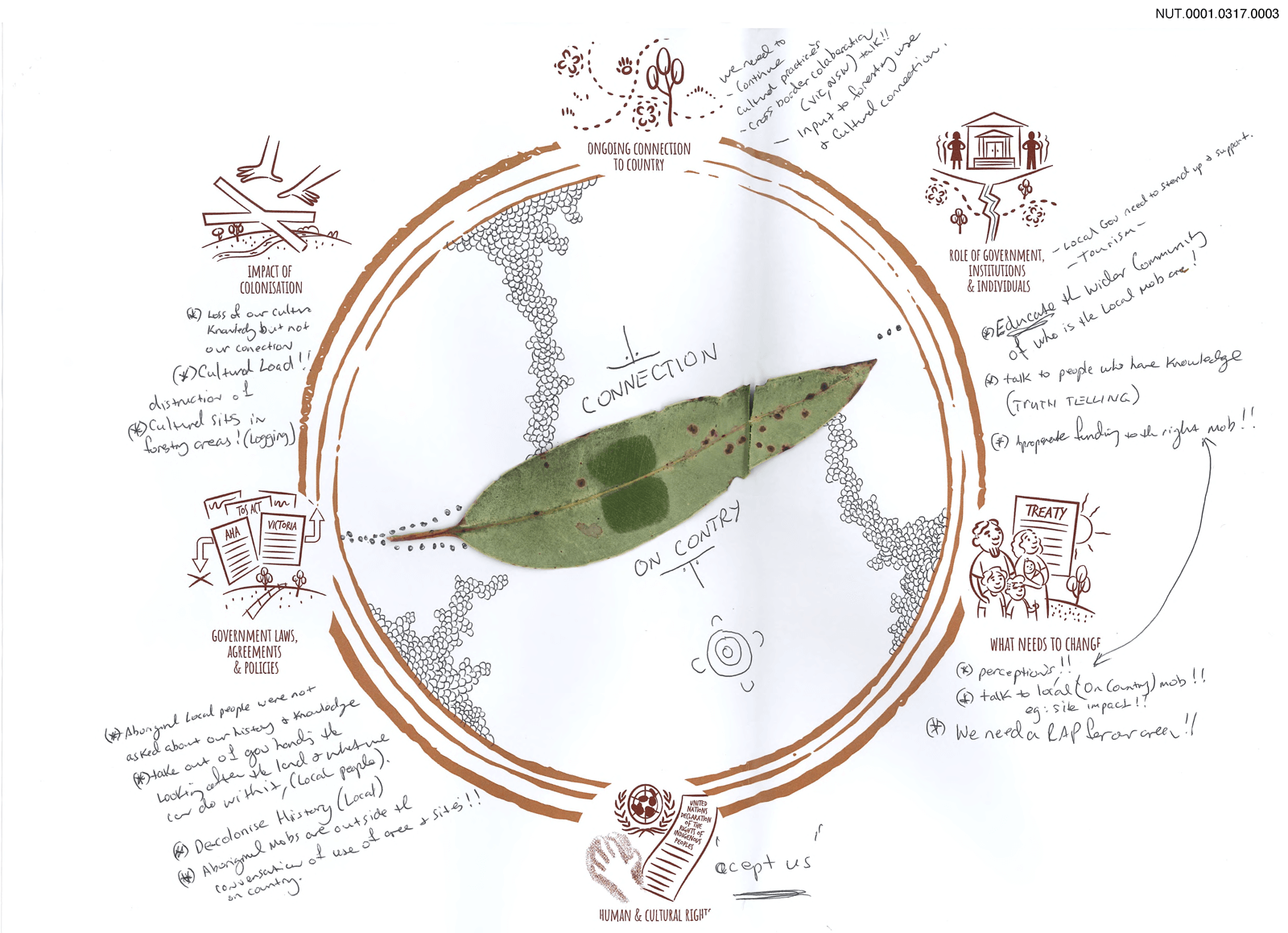


Please be aware that some of the content on this page contains potentially offensive or controversial material. It is presented as part of the record of the past; users should interpret the work within that context.
Yoorrook applies Indigenous Data Sovereignty protocols to the collection, storage, and use of First Peoples’ information. These protocols respect the decisions of First People on how their data are used, protected, accessed, and shared now and in the future.
First Peoples who make submissions to Yoorrook have provided their consent for the Commission to use their submission for the purposes of conducting Yoorrook’s work. Ownership of First Peoples’ submissions remains with the author of the submission. Their permission may be required to use their submission for any other purposes.